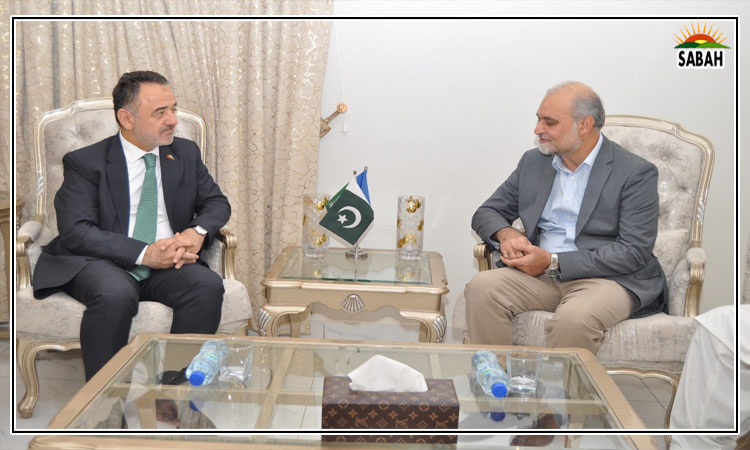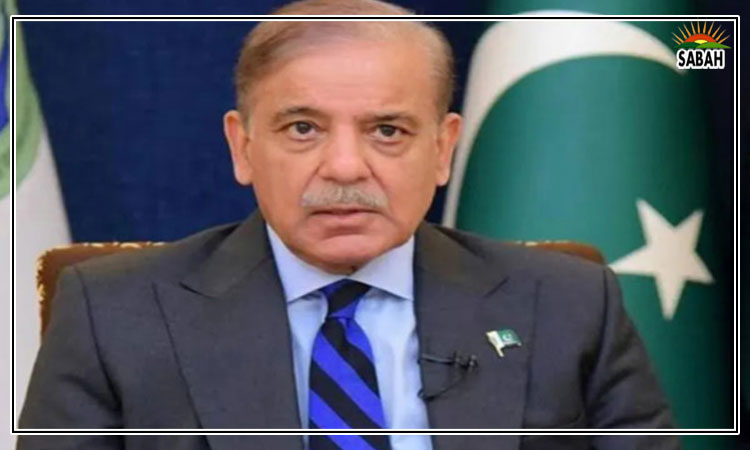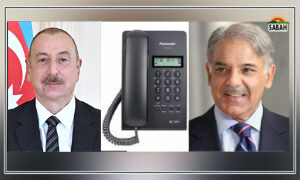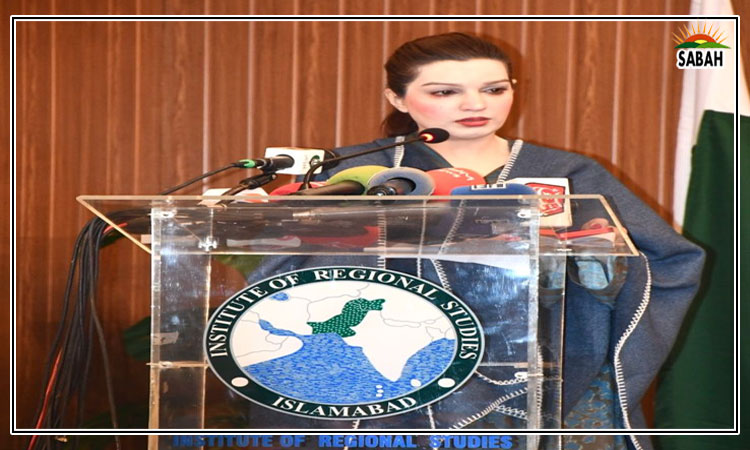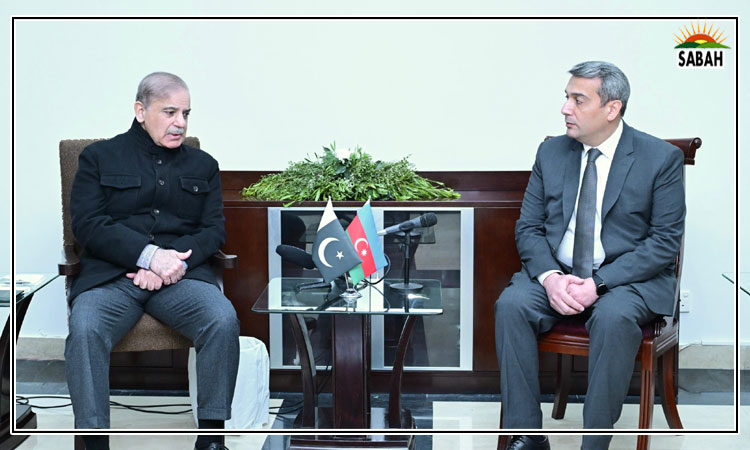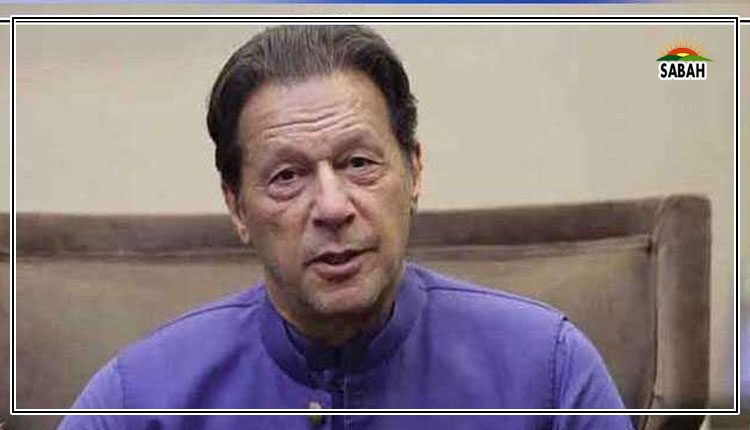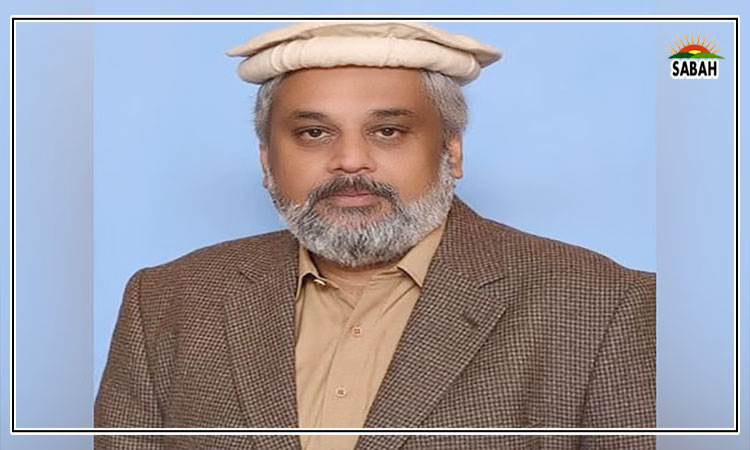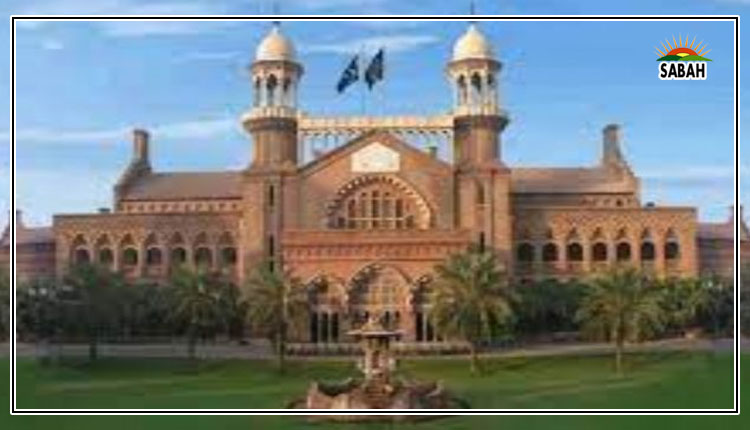LHC Justice Asim Hafeez refuses to unseal ‘classified’ Toshakhana records
LAHORE, Feb 21 (SABAH): The federal government on Tuesday submitted to the Lahore High Court (LHC) details of Toshakhana gifts which a senior official termed “classified”, telling the court that it was at its discretion to unseal the documents.
The government had initially expressed reluctance to submit the Toshakhana details, contending that their disclosure may “cause damage to the interests of Pakistan’s international relations”.
This apprehension was put on record by the government during a hearing of the case on Jan 19.
The Cabinet Division had in the same hearing also submitted a report before the court, informing that a new policy on the Toshakhana was being formulated which would be more transparent, fair and in accordance with international practices.
Established in 1974, the Toshakhana is a department under the administrative control of the Cabinet Division and stores precious gifts given to rulers, parliamentarians, bureaucrats, and officials by heads of other governments and states and foreign dignitaries.
According to Toshakhana rules, gifts/presents and other such materials received by persons to whom these rules apply shall be reported to the Cabinet Division.
The department has been in the news in recent months in light of proceedings against former prime minister Imran Khan for “not sharing details” of Toshakhana gifts.
The PTI, while in government, had also been reluctant to disclose details of the gifts presented to Imran since he assumed office in 2018, maintaining that doing so would jeopardise international ties, even as the Pakistan Information Commission (PIC) ordered it to do so.
On Tuesday, Justice Asim Hafeez of the LHC conducted a hearing into a petition filed by lawyer Munir Ahmad through Advocate Azhar Siddique seeking the government to make public the complete details of Toshakhana gifts received by political rulers and bureaucrats from foreign dignitaries since the creation of Pakistan.
At the outset of the hearing, Deputy Attorney General Asad Bajwa presented the details of the Toshakhana, informing the court that they were classified, and said it was up to the court if it wanted to unseal the documents.
Justice Hafeez replied: “We are not opening the sealed record for now.”
With the submission of the record, the court issued a summon to the head of the Toshakhana Department with an undertaking for Feb 23 and adjourned the hearing until then.
The plea seeking the details was filed by lawyer Munir Ahmad through Advocate Azhar Siddique in December 2022.
The plea stated: “The right to information is an integral part of a progressive democratic state and the same has been elaborated by the superior courts saying the right to information in all matters of public importance is indisputably a fundamental right guaranteed under Article(s) 19 and 19-A of the Constitution.”
According to the petitioner, the right to information stems from the requirement that members of a democratic society should be sufficiently informed that they may intelligently influence the decision which may affect them.
Therefore, he argued, the people of Pakistan had the right to know every public act, everything that is done in a public way, by public functionaries and their chosen representatives.
The petitioner contended that people at large were entitled to know details of every public transaction and acquire information in all matters of public importance.
“This enables people to contribute in debate on social and moral issues and matter of public importance.”
The plea urged the court to order the respondents to make public the details of assets gifted to rulers as well as bureaucrats and also provide the names, details, information, documentation and materials in respect of the persons/officials who have obtained the assets by making the payment.
The petitioner also sought details of the methodology used to determine the price of the Toshakhana articles.
Ministries of Parliamentary Affairs and Interior and Pakistan Information Commission have been arrayed as respondents in the petition.



